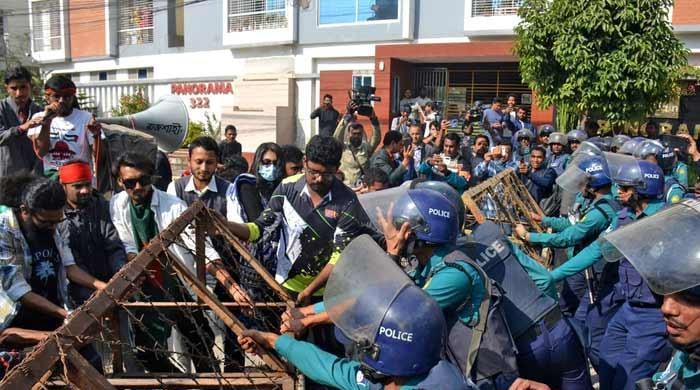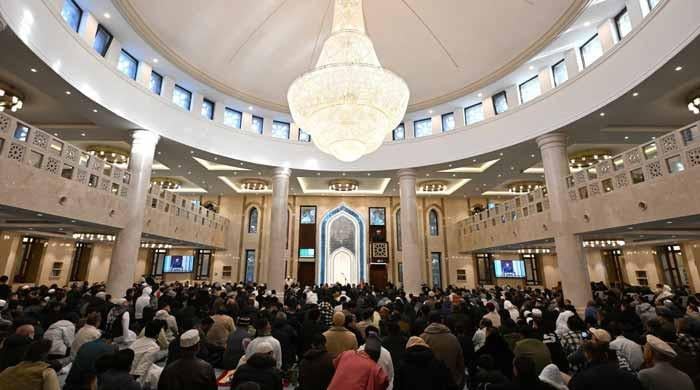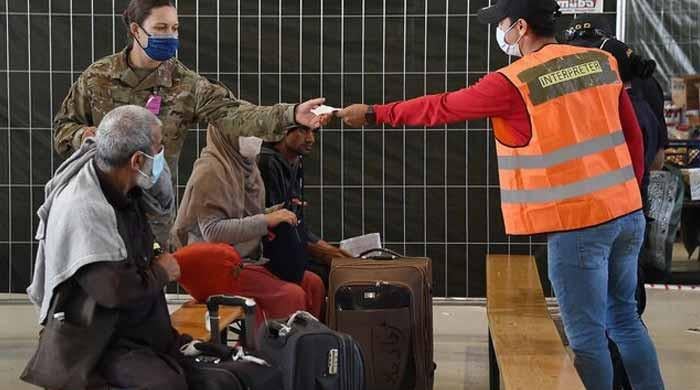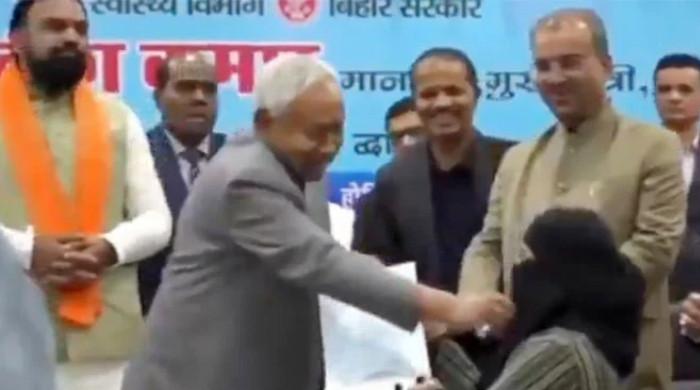Did Golda Meir consider Palestinian statehood for future?
While other ministers were open to a future Palestinian state, they believed Israel should be extremely cautious
August 02, 2023
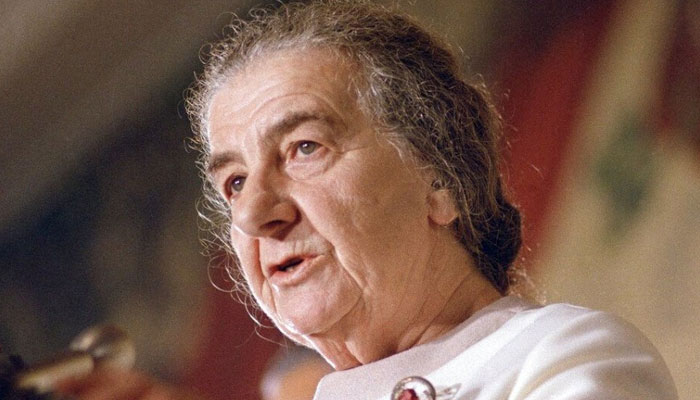
Israeli first female prime minister Golda Meir seems to have acknowledged the possibility of a future Palestinian statehood in 1970, three years following the Six-Day War, according to the recently declassified documents published by Haaretz on Monday.
In earlier discussions with senior ministers, including Defence Minister Moshe Dayan and Education Minister Yigal Allon, in October 1970, Israel's former prime minister raised the prospect of a Palestinian state.
Meir, who is also the subject of an upcoming biopic starring Helen Mirren and scheduled for release in August, is famous for her 1969 saying: "There was no such thing as Palestinians."
Evidently, she believed that the notion of a future Palestinian state would likely come to pass.
“It will be necessary to leave the Arabs of Judea and Samaria an option to earn self-determination at a later stage, if and when it suits us,” Meir said at the beginning of the meeting.
“In other words, there will be another country (next to Israel),” she declared.
The Jerusalem Post reports that Meir initially maintained that due to the Israeli War of Independence, Israel could only make small concessions to the Palestinians and opposed the idea that Jerusalem would become the capital of a future Palestinian state.
The then-Alignment (now Labour) Minister Yisrael Galili said: “I’ve felt for a while, and recently with greater intensity, that what we call ‘the Palestinian problem’ is starting to bother, morally and politically, the best of our people, including commanders, major generals, and all who carry the IDF on their back."
He added: “This shows that the problem isn’t something that was imported here, but rather it has an origin, it isn’t artificial."
Allon, on the contrary, went so far as to compare a potential Israeli declaration of a Palestinian right to statehood to the 1917 "Balfour Declarations," in which the British government announced support for the founding of a Jewish state in Ottoman-ruled Mandatory Palestine.
While other ministers at the talks were open to the idea of a future Palestinian state, they also believed that Israel should be extremely cautious.
Allon added that Israeli officials have no right to decide whether the Palestinian people should exist.
“If they see themselves as Palestinians, then we can say 1,000 times they’re not, but they will remain [Palestinians] regardless," he said.
Allon disagreed with Meir while being aware of the political risks involved and the facts on the ground.
“I don’t suggest encouraging a Palestinian state… Rather, in the long term, a peace contract that will keep options open," he added.






